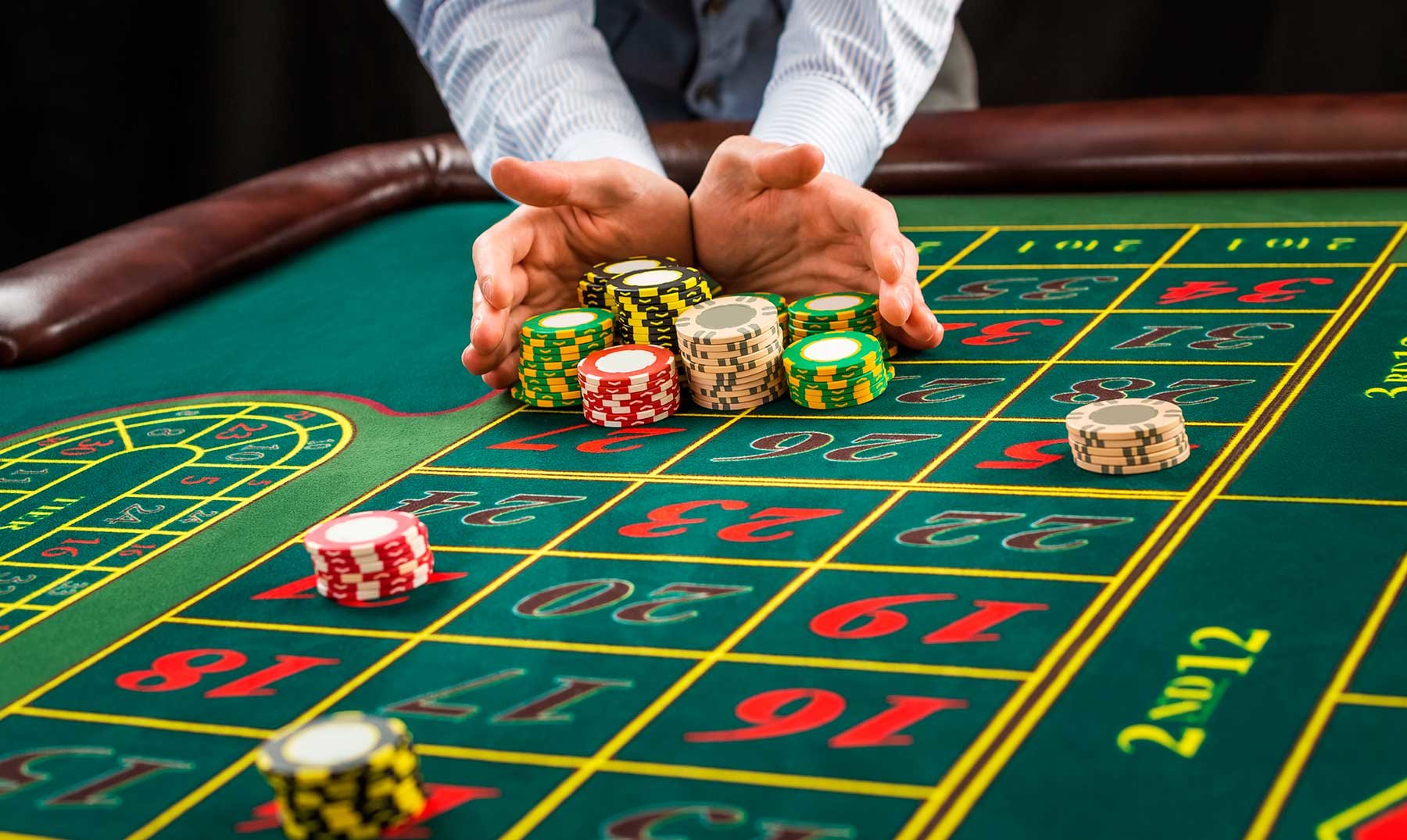
Casino games have long been a staple in human culture, offering not just entertainment but a intriguing reflection of our dreams, wishes, and anxieties. From the spinning reels of a slot machine to the skill-based strategies of poker, these games represent a spectrum of human emotions and experiences. At their core, casino games are more than a chance to earn cash; they are a snapshot of life itself, where risk versus reward converge and fate can change in an eye blink.
As players convene around tables or sit in front of vibrantly illuminated machines, they engage in a tradition that transcends mere gambling. These games mirror our innate desires for relationships, thrill, and the quest for chance. They also disclose deeper truths about human nature, such as our relationship with luck and the thrill of uncertainty. In exploring casino games, we uncover not only the mechanics of play but also the complex weave of the human journey, showcasing our woven narratives of aspiration and reality.
The Psychology of Gambling
Wagering is intrinsically connected in human psychology, tapping into various feelings and desires. The thrill of risk-taking is a fundamental aspect that attracts participants, be it the thrill of spinning a roulette or the anticipation of drawing a winning card in poker. This rush of adrenaline is often compared to other forms of thrill, as the unpredictability of outcomes triggers a distinct psychological response. Gamblers often become captivated by the chance of winning big, leading to an irresistible draw toward gambling games.
Additionally, an essential component of the psychology behind gambling is the concept of optimism and ambition. Participants often nourish dreams of financial freedom and the opulent lifestyle that can follow winning. This optimism fuels their continued participation in casino games, as it provides a sense of meaning and the conviction that a life-changing win could be just one wager away. The story of beating the odds and achieving success resonates with many, reinforcing their commitment to play and involve themselves with these games.
Lastly, social aspects play a crucial role in gambling psychology. Casino environments are designed to promote social interaction, where gamblers gather to share the journey of wins and losses. This communal aspect not only amplifies enjoyment but also influences behavior, as individuals often imitate the actions of others around them. The social validation found in shared excitement can magnify the emotional experience, making casino games a reflection of not just personal desires but also collective engagement within the gaming community.
## The Dual Nature of Risk and Reward
Casino games embody the delicate balance between danger and gain that resonates deeply with human psychology. The thrill of placing a wager is often accompanied by a surge of excitement, as players are confronted with the chance of winning big, yet conscious of the possibility to suffer losses. This dual experience reflects a essential aspect of life: the paths we choose often come with built-in risks, and the pursuit of reward can compel us to embrace risks we might not typically consider. In this way, casino games mirror real-world choices, enticing gamblers to risk not just their funds, but also their aspirations.
The allure of jackpot prizes and winnings fuels a sense of optimism, motivating players to dream of a better future that could manifest from a fortunate turn of the roulette or flip of a card. This optimism can compel individuals to engage in greater risks, urging them to extend their limits in search of economic benefit. However, just as in life, the consequences of these risks can lead to both triumph and despair. The narratives of both big winners and those who have lost everything at the tables demonstrate the unpredictable nature of luck and its impactful impact on our futures.
Ultimately, the interaction of engaging with casino games serves as a potent reminder of the human condition. Every round played is filled with the tension of risk, as players weigh the rewards against the risks. This interaction not only highlights the excitement that comes with gambling but also unveils the weaknesses that come with the longing for more. As we navigate the complexities of decision-making and results in both the gambling world and in life, we find that the pursuit of risk and reward shapes our identities and journeys in deep ways.
Community and Isolation in Gambling Culture
Casino culture is a unique combination of social interaction and personal endeavor, reflecting the dualities of human experience. Players often gather around tables, sharing in the excitement of the action, rejoicing in wins, and commiserating over losses. This social aspect is crucial, as it establishes a sense of community and camaraderie among varied groups of people. casino italiani non AAMS Regular attendees to casinos may build friendships and establish routines, turning the gambling venue into a alternative home where they experience linked to a greater community of players.
However, the appeal of casino activities can also lead to loneliness. As individuals become immersed in the excitement of playing, they may isolate from personal connections or neglect to engage with the world outside the casino. For some, the search of a windfall can overshadow real connections, leading to isolation. The situation of being among others yet experiencing solitary is not uncommon, as the attention shifts from collective fun to the individual concerns of each individual’s journey.
This interaction of society and isolation creates a vivid mosaic that defines casino atmosphere. It showcases the intricacy of human interactions, where happiness and despair coexist. Gambling venues serve as both a refuge for social interaction and a platform for individual struggles, demonstrating how intimately connected our desire for connection and the individual quest for wealth can be. In navigating this landscape, players confront their own stories—seeking both the thrill of the wager and the fellowship of fellow players, ultimately reflecting the wider spectrum of individual experience.
